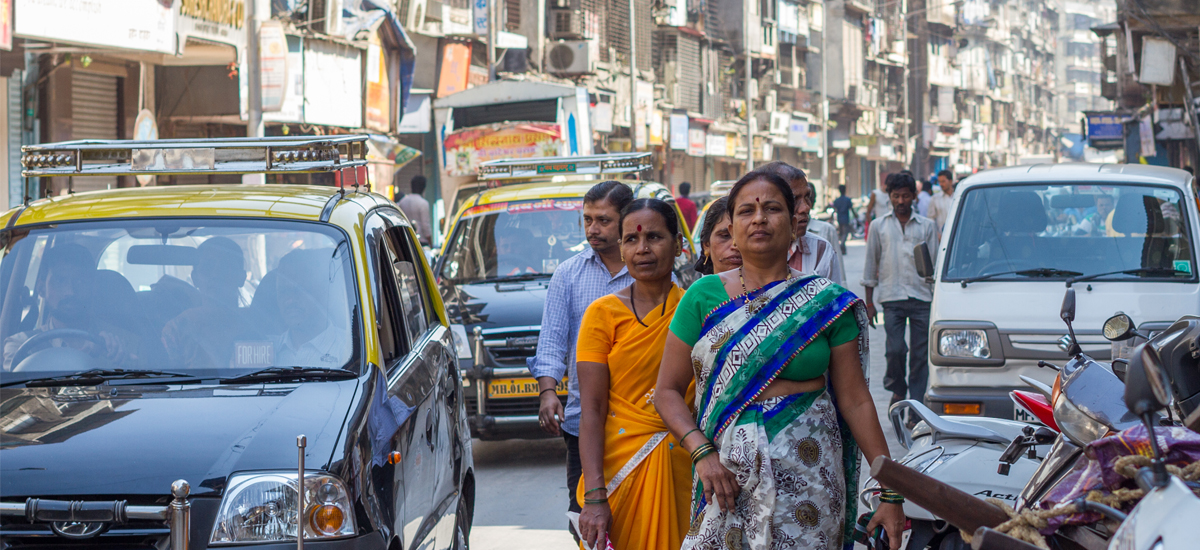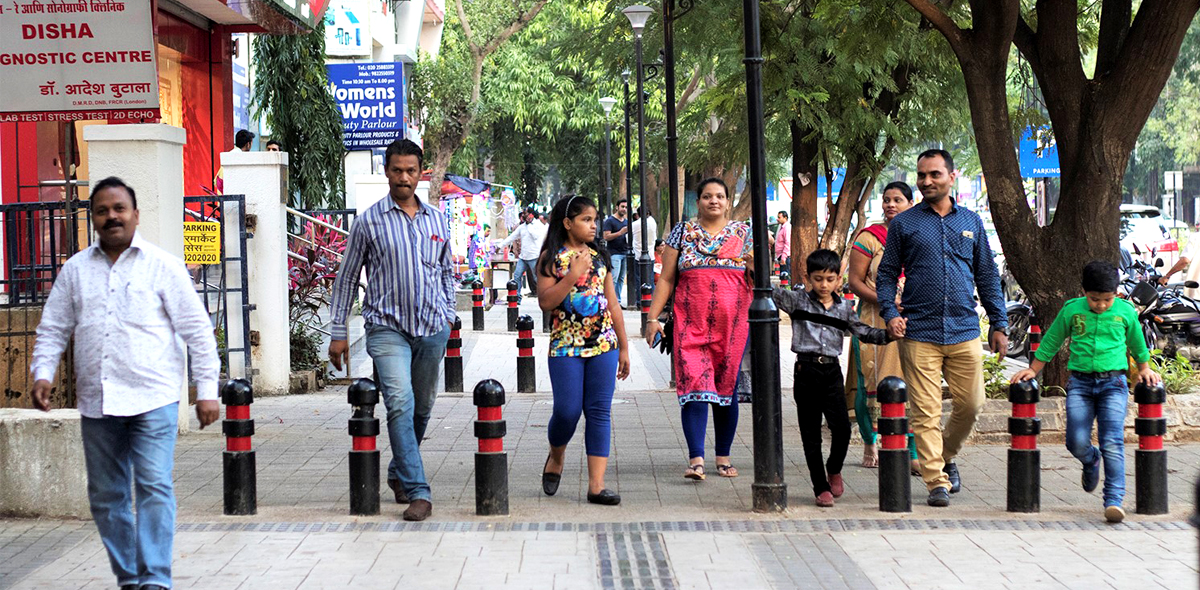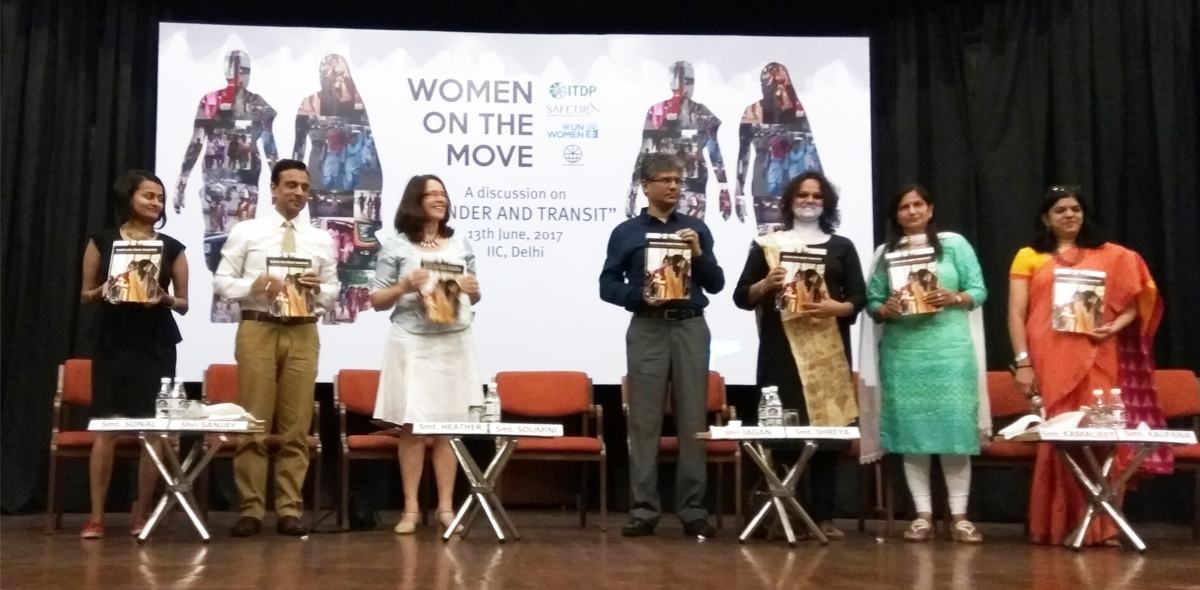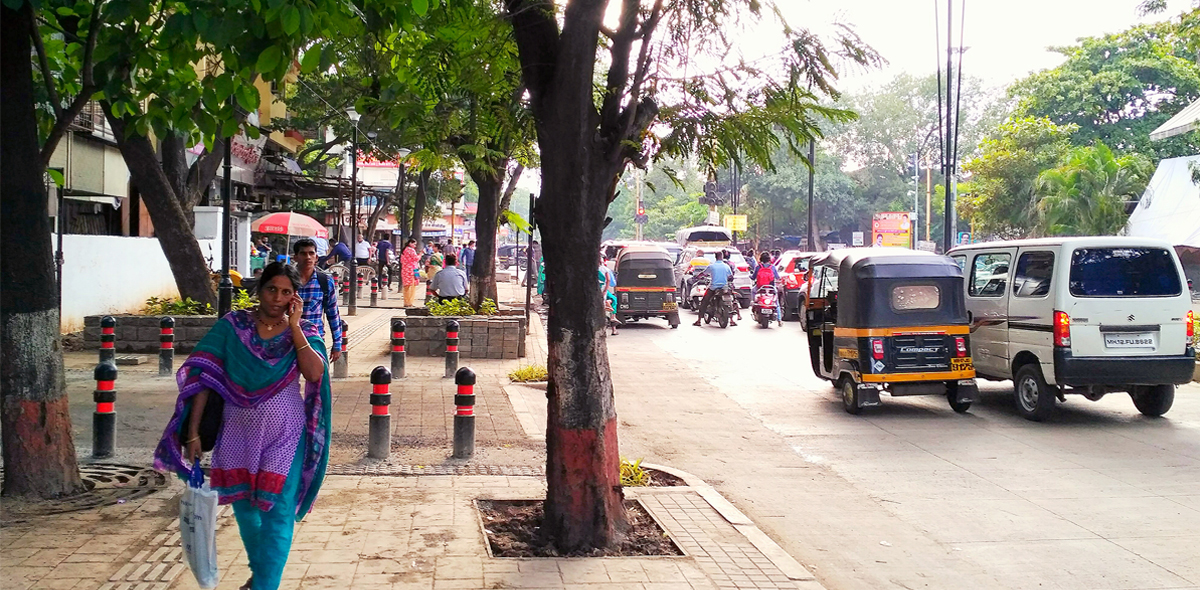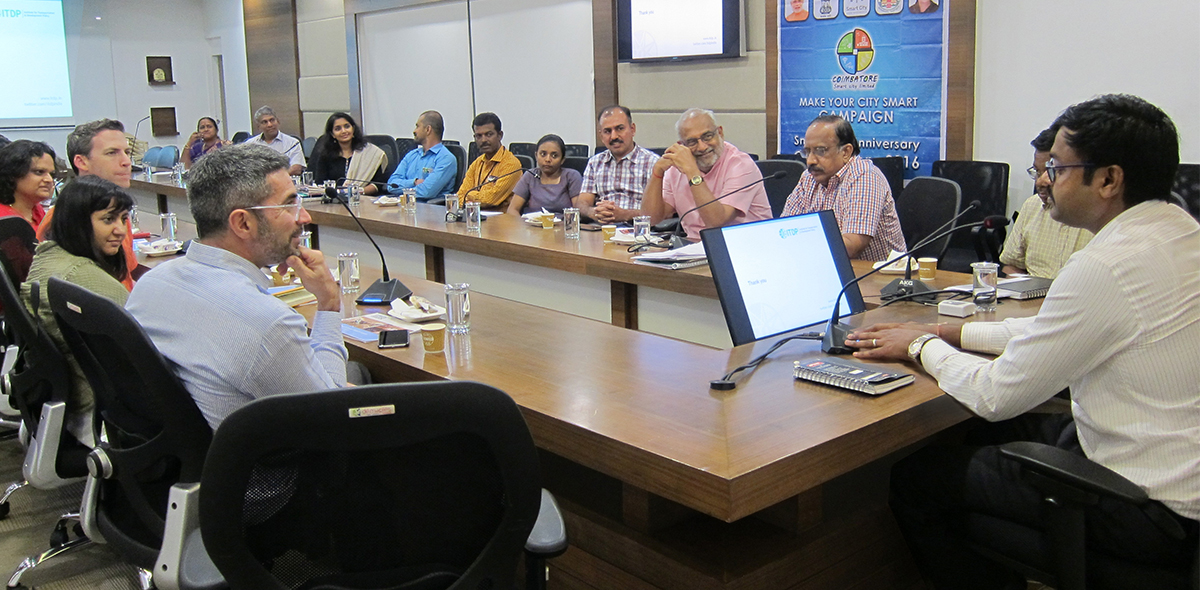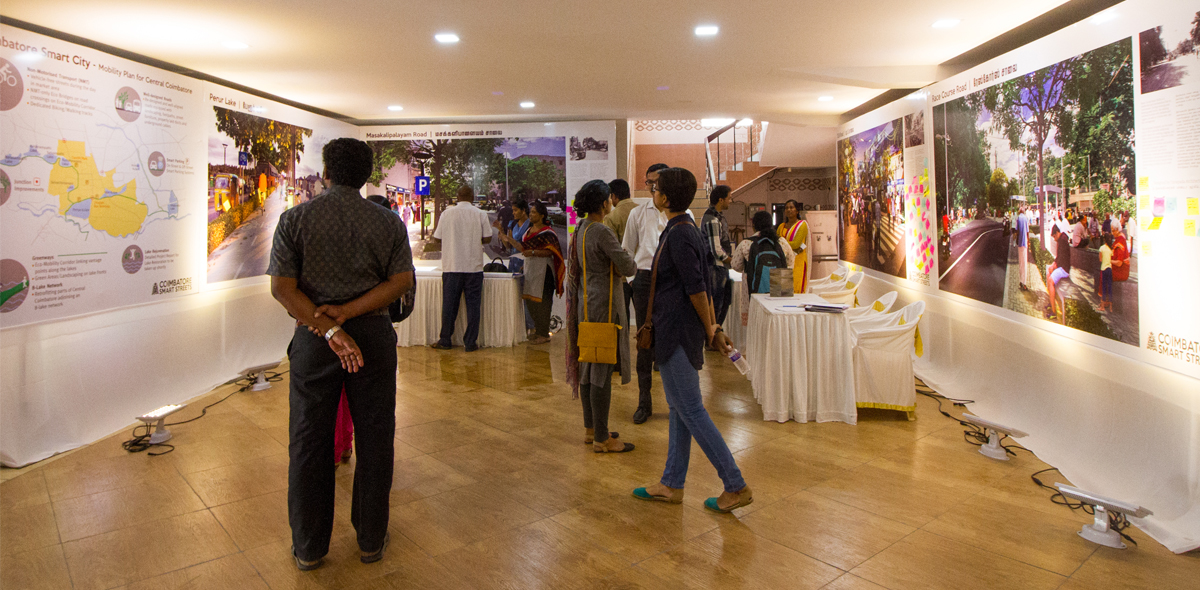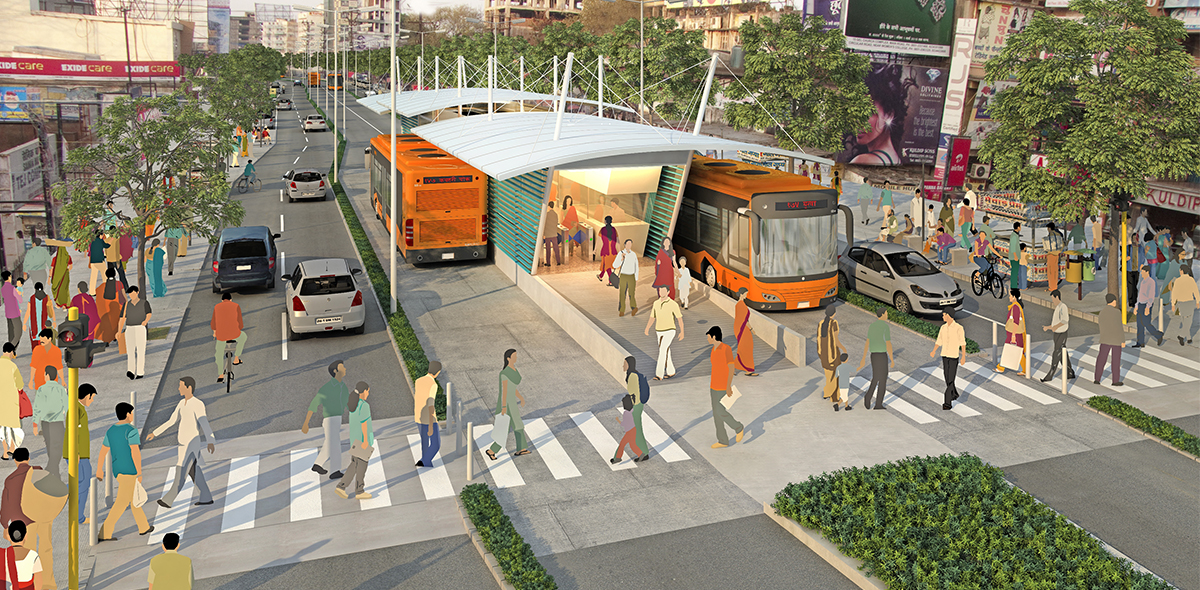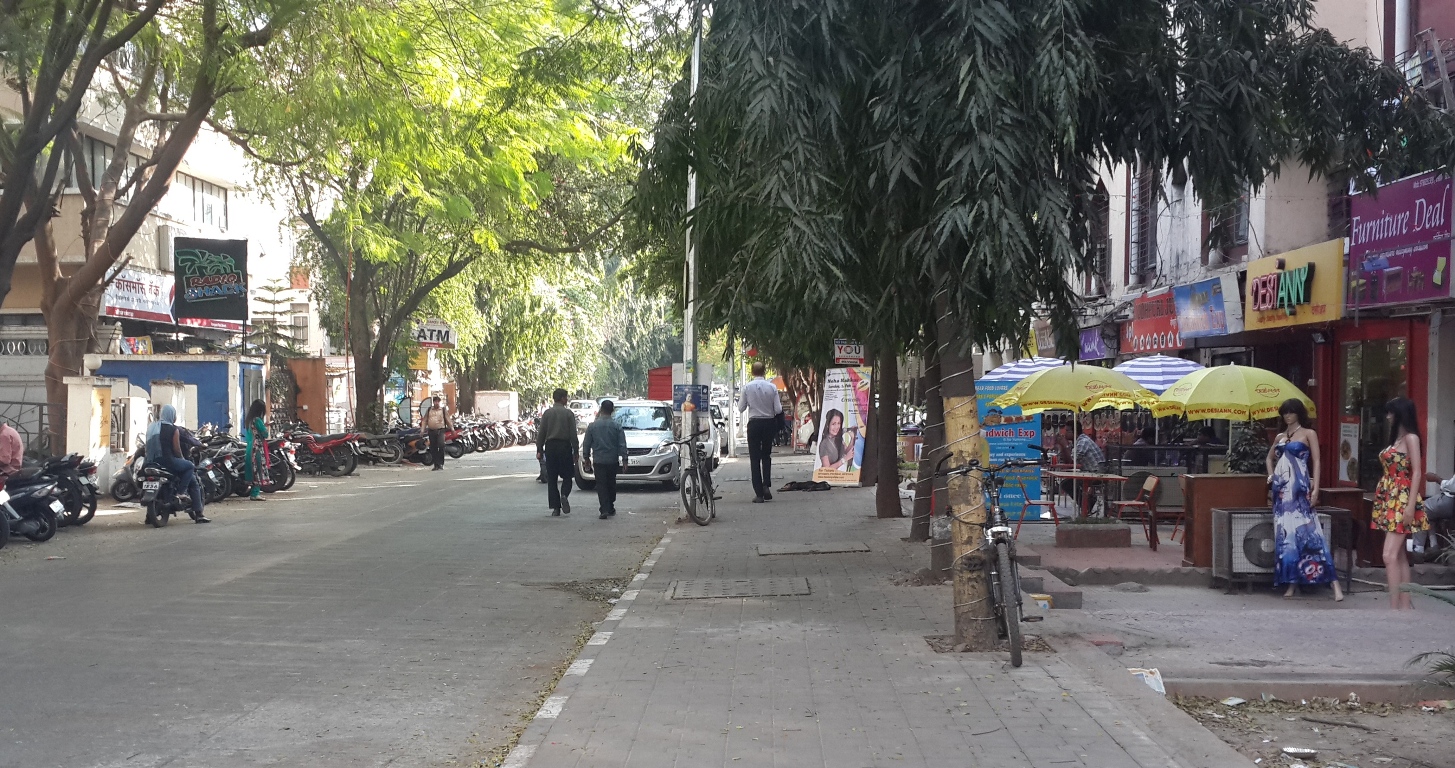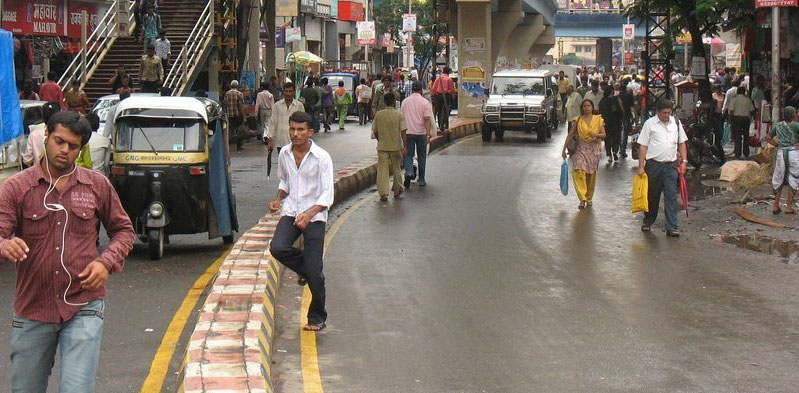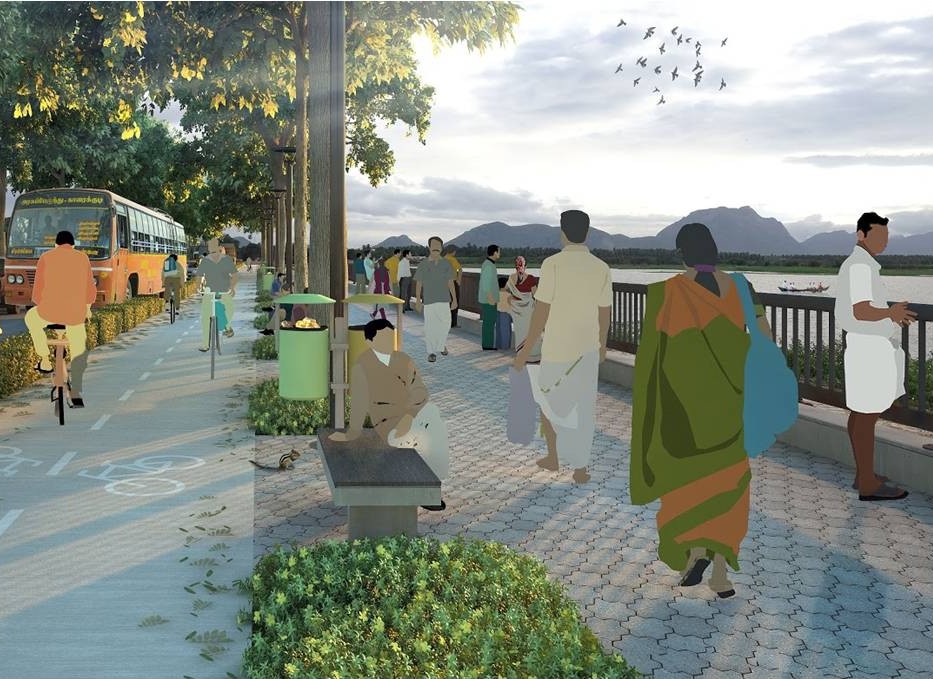Cover Image by Adam Cohn
Written by Sonal Shah
Over the last decade, there has been acknowledgement in mainstream media on the sexual harassment faced by women and girls in urban public transport and on streets around the globe. The fear of crime is widely recognised as a barrier to public transport use. Yet, our mobility plans continue to remain gender blind, as they do not measure the level and extent of harassment faced by women and girls. The normalization of harassment puts the onus of safety on women and girls, thereby restricting their behaviour and mobility. The role of transport planning in alleviating or exacerbating sexual harassment and violence has not yet percolated within mainstream discourse and in the minds of policy and decision makers. This is a lost opportunity as the McKinsey Global Institute estimates that US$28 trillion would be added to the global economy by 2025, if women were to play an identical role to men in markets.
While mainstream media has focused on gruesome incidents such as rape, violence against women and girls also includes groping, molestation, staring, stalking, stealing, cat calls and acid attacks. In Delhi, a 2010 study with over 5000 men and women showed that over 95% of the women had experienced harassment in the past year and public transport, buses and streets were identified as the most vulnerable spaces. While women of all ages faced some form of violence or sexual harassment, school and college girl students in the 15-19 age-group were the most vulnerable. In Mumbai too, 95% of the women respondents reported sexual harassment, 46% reported facing harassment inside buses and 23% while waiting at bus stops.
Sexual harassment is prevalent and underreported, both in developed and developing countries. In New York City, it is estimated that 96 percent of sexual harassment and 86 percent of sexual assaults in the subway system are unreported. Similarly, in Baku, Azerbaijan, while 80 per cent of 200 women surveyed had faced sexual harassment in the metro, none of them reported it to the appropriate authority. In Brazil, it is acknowledged that more than half a million women suffer some sort of sexual violence, every year.
The nature and form of harassment is context specific. According to a research by the Women Empowerment Link, the three most prevalent forms of violence against women and girls in Kenya who use public transport are: use of derogatory language by the matatus crews, coercion of passengers to board public service vehicles against their wish and unwelcome touching of female passengers. Other common forms include contemptuous treatment of women, stealing from and stripping of women passengers.
Creating safer streets and public transport systems will require coordinated actions in infrastructure, service improvements and behaviour change arising from progressive legislation, law enforcement and social norms. While the prevalence of sexual harassment in streets and public transport is known, this data has predominantly been collected by civil society organizations. Cities need to collect gender disaggregated data and measure sexual harassment on their streets and in four legs of the public transport journey (Figure 1) to develop clear actions. These can range from reserved seats, permitting women, girls and the elderly to board or alight from buses in between stops in the night, providing real time information on the arrival of public transport vehicles amongst others. The gender disaggregated quantitative data from travel surveys must be complemented with focus group discussions to understand men and women’s perception and experience of the public transport journey across socio-economic groups.

Figure 1: Four legs of a public transport journey
Gender safety audits must be mainstreamed in the assessment of transport infrastructure. Safety audits evaluate the physical and social aspects in creating safer streets. For example, Safetipin, a phone application scores streets and neighbourhoods on 8 parameters: lighting, openness, visibility, presence of people, security personnel, condition of walking paths, availability of public transport and gender diversity. The ninth parameter allows users to rate how they feel – from comfortable to being frightened. With women and girls who do not have access to smart phones, safety audits can be conducted with them by walking through their neighbourhoods to identify and evaluate spaces along the above parameters. The safety scores provide valuable information to improve the quality of walking infrastructure and crossings, continuous and consistent street lighting, access to facilities such as public toilets, increasing “eyes on the street” (through police personnel, patrolling vans, men or women street vendors) and designing streets that encourage use by diverse groups.

Image 1: Jungli Maharaj Road, Pune (India)
Transport service providers, bystanders and police personnel must be interviewed to understand their awareness of the frequency and causes for sexual harassment and their role in preventing or addressing it. Behaviour change is a long process involving progressive legislation, law enforcement and change in social norms. However, cities can create standard operating procedures along with gender sensitization workshops to train the police and transport workers / operators to prevent and address sexual harassment. Cities can create campaigns to communicate a zero tolerance approach to sexual harassment, encourage women and girls to report incidents of sexual harassment and bystanders to intervene
Women need to be at the centre of the planning, implementation, monitoring and evaluation of transport policies and projects as partners, professionals and as decision-makers.
Creating safer streets and public transport systems is not a one-time activity involving installation of CCTV cameras, panic buttons and GPS devices. It will require continuous and coordinated actions by multiple stakeholders – transport and urban development departments, police, commuters / bystanders and women’s groups. But cities must measure the contours of sexual harassment as part of their mobility plans, along with other dimensions of gendered travel – trip chaining, mobility of care, affordability, accessibility, comfort, convenience, forced mobility and immobility. #Pressingforprogress involves making women and girls visible as active users of streets and public transport.




